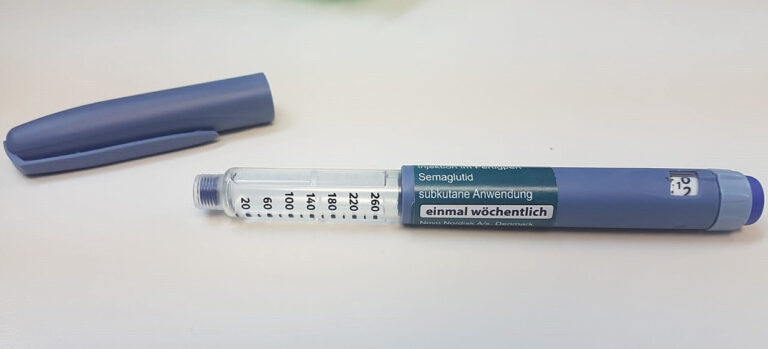Synthetic Control Arms (SCAs), also known as External Control Arms (ECAs), are digital datasets derived from Real-World Data (RWD), historical clinical trial data, or patient registries, used to serve as the control group in a clinical trial. Instead of randomly assigning a portion of new trial participants to receive a placebo or standard of care (the traditional control arm), researchers use an SCA to compare the outcomes of patients in the treatment arm.
This approach is particularly valuable for rare diseases, pediatrics, and n-of-1 trials (personalized medicine) where finding enough eligible patients for a traditional control arm is difficult or unethical (e.g., denying a life-saving therapy to a patient with a rapidly progressing disease). SCAs are heavily reliant on advanced AI, machine learning, and rigorous data standardizationto ensure the synthetic control group is statistically and clinically comparable to the treatment group. Regulatory acceptance of SCAs is growing, as they offer a method to accelerate trials, reduce patient burden, and maintain ethical standards in challenging clinical contexts.


